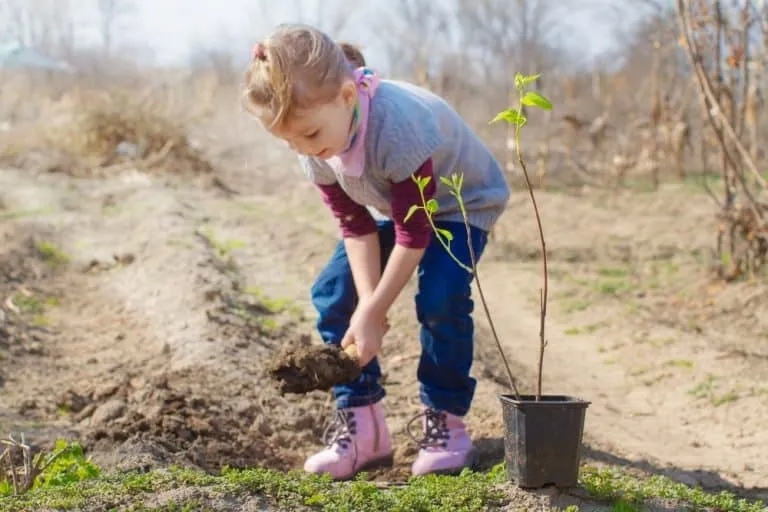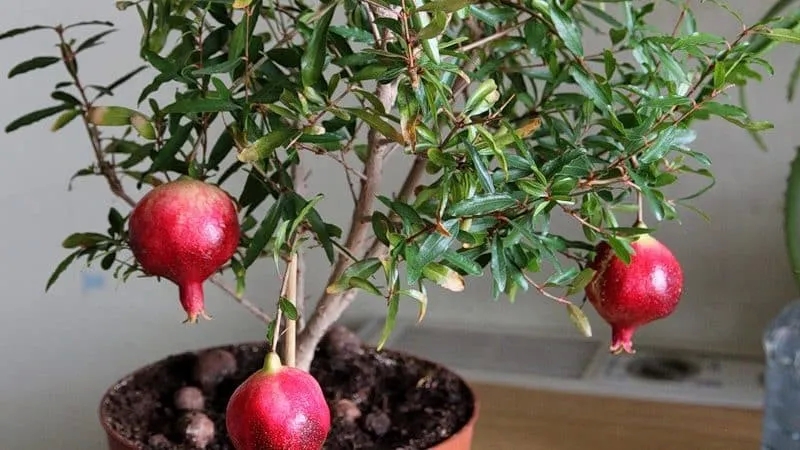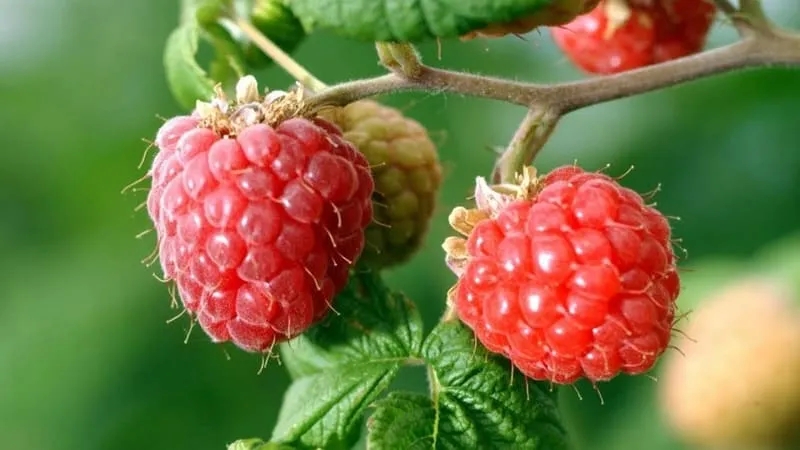Breastfeeding mothers should consume safe foods that do not negatively affect their baby's health. As a result, their diet is restricted. Many exclude basil, considering it a strong allergen. Let’s explore whether this herb is safe during lactation, its benefits, and potential contraindications.
Table of contents
Can Breastfeeding Mothers Eat Basil?
The herb is not a strong allergen and, in moderate amounts, is safe for both mother and baby. Thanks to its chemical composition, it has a positive effect on both organisms.
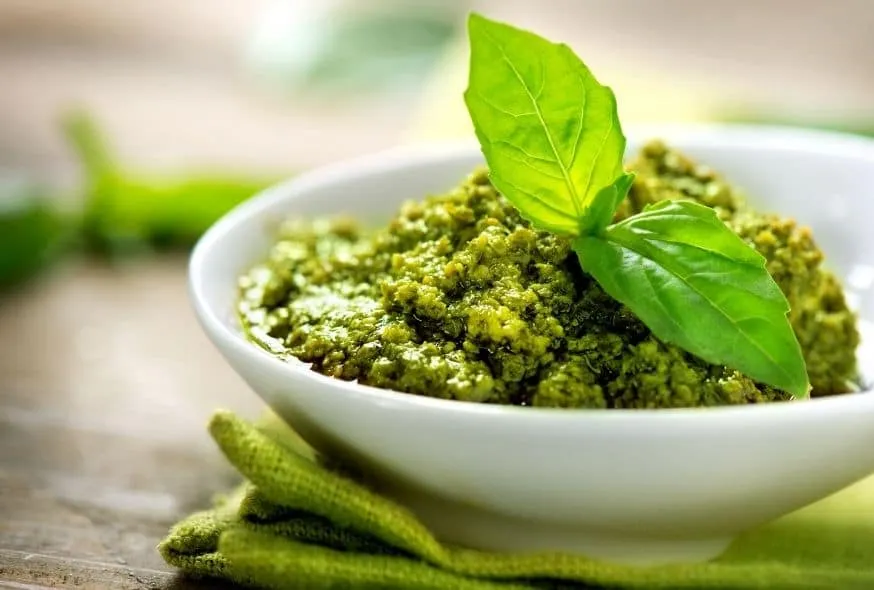
Composition, Properties, and Contraindications
Different varieties of basil vary in leaf colour, taste, and aroma: green types are milder, while purple ones are more intense and peppery.
Sweet basil, the most commonly used culinary variety, contains:
- Minerals (potassium, calcium, silicon, magnesium, phosphorus, iron, manganese, copper);
- Vitamins (B1, B2, B5, B6, B9, C, E, K);
- Carotenoids;
- Tannins;
- Essential oils (eugenol, cineole, linalool, camphor, etc.);
- Saponins, glycosides, and sugars.
The energy value per 100 g is 27 kcal.
Note. Purple basil contains anthocyanins — pigments that reduce inflammation and protect cells from oxidative damage.
Different basil varieties offer various health benefits:
- The herb helps combat inflammation, supports digestion, protects the cardiovascular system, and improves stress resistance.
- Sweet basil essential oil, when added to cosmetics, can help fight acne.
- Antioxidants in basil protect cells from oxidation, while essential oil components inhibit bacterial growth.
- Holy basil (tulsi) is effective as a complementary treatment for type 2 diabetes — it lowers blood glucose and cholesterol levels.
- Tulsi reduces stress symptoms, anxiety, and has an immunomodulatory effect.
The herb is not recommended after a heart attack, stroke, or for those with epilepsy, hypertension, pregnancy, or individual intolerance. Diabetic patients should consult a doctor before consumption.
Benefits and Risks of Basil for Breastfeeding Mothers
When consumed in moderation, basil does not harm a nursing mother. It improves metabolism, strengthens immunity, increases haemoglobin levels, and helps the body adapt to stress.
For the Baby
The herb strengthens bones and tooth enamel, supports heart health, aids digestion, relieves colic and bloating, and helps manage asthma attacks.
However, excessive consumption may lead to essential oil-related issues such as poisoning, colic, or digestive problems in the baby.
Guidelines for Consumption During Lactation
Introduce basil into the diet no earlier than 3–4 months postpartum, once the baby’s digestive system is more developed.
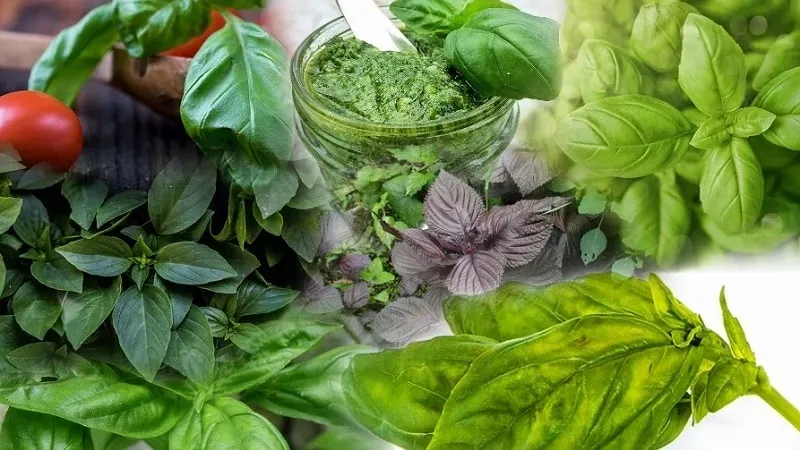
When and How Much to Eat
First, try basil in the morning and monitor the baby’s reaction for 48 hours. If no allergies appear, gradually increase to 2 tablespoons per serving. It can be added to salads, hot dishes, desserts, and drinks.
Important! Avoid consuming basil more than 3–4 times a week — daily intake may cause stomach issues in the baby due to essential oils.
The herb pairs well with meat, fish, vegetables, and other greens (parsley, dill, onion, celery). Lemon basil enhances tea and lemonade, while sweet basil is ideal for pesto.
Can Children Eat Basil?
Introduce basil to children after age 5. If an allergic reaction occurs, remove it from their diet.

How to Choose and Use
Basil is sold fresh, frozen, or dried. Signs of high-quality basil:
- Leaves are vibrant and uniformly coloured on both sides;
- Leaves are firm and juicy, releasing a strong aroma when rubbed;
- No mould, dirt, or spots.
Avoid herbs with dry patches, odd smells, or abnormal growths, as they may be diseased or infested.
Fresh basil offers the most benefits, while dried basil is great for enhancing flavour in dishes.
Other Herbs During Breastfeeding
Safe herbs for breastfeeding mothers include dill, parsley, coriander, spinach, lettuce, onion, celery, and sorrel. Introduce them the same way as basil — monitor the baby for colic, bloating, or skin reactions.
Conclusion
Basil is a great addition to meals during lactation. Introduce it gradually after 3–4 months postpartum, observing the baby’s response. Both fresh and dried forms are suitable — just ensure moderation and avoid daily consumption.
